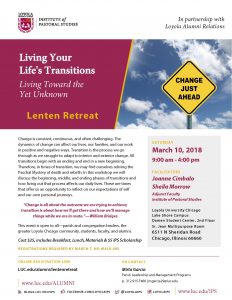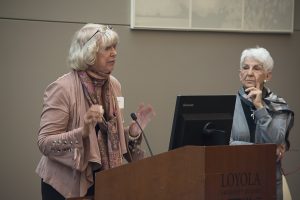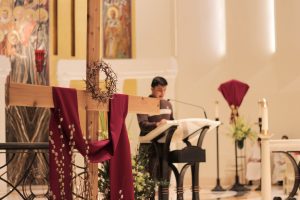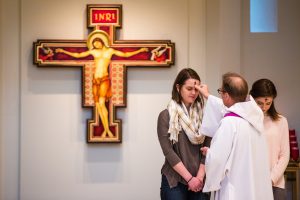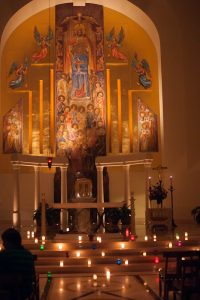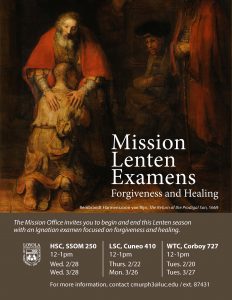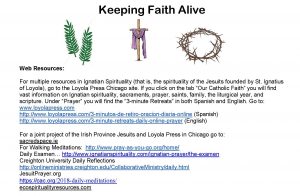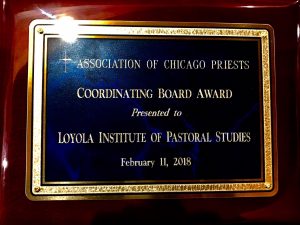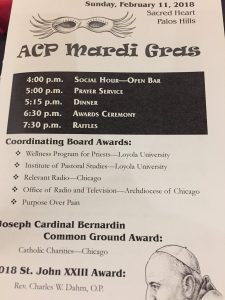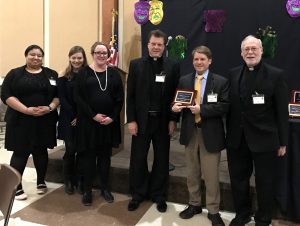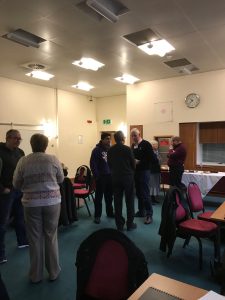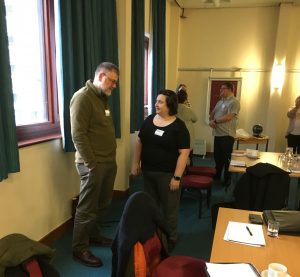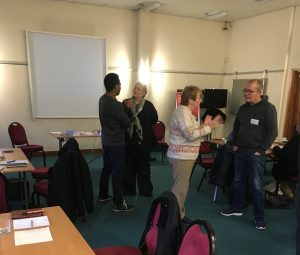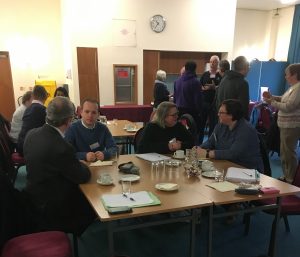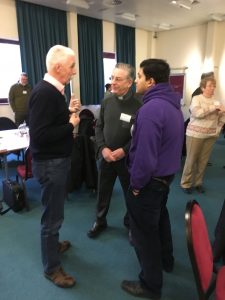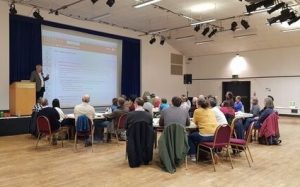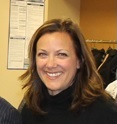 The Institute for Pastoral Studies is excited to welcome Dr. Deborah Watson on-board and introduce her to our community. Dr. Watson will begin her time as a Clinical Instructor with the Pastoral Counseling program this Fall 2017. Graduate Assistant, Ramona Gant, asked Dr. Watson a series of questions and here are some of her responses. We hope this Q & A session will give you a preview of what you can look forward to from Dr. Watson.
The Institute for Pastoral Studies is excited to welcome Dr. Deborah Watson on-board and introduce her to our community. Dr. Watson will begin her time as a Clinical Instructor with the Pastoral Counseling program this Fall 2017. Graduate Assistant, Ramona Gant, asked Dr. Watson a series of questions and here are some of her responses. We hope this Q & A session will give you a preview of what you can look forward to from Dr. Watson.
What graduate seminars would you like to teach?
My favorite courses to teach are family systems theory (comparable to IPS Family Therapy & Personal Transformation) and individual theories (comparable to IPS Models of Pastoral Counseling). Having a theoretical framework to organize all the information one gathers is necessary and associated with positive outcomes. Additionally, I find building that theoretical framework quite fun. I also enjoy working with practicum students, as it is the culmination of years of study and a time to apply what they have learned—an exciting part of the educational journey to be on with students as they begin to put into practice all that they have been preparing for.
What is your next major project, after you finish your work on your current one?
That is a great question. I was scheduled to leave for Bhutan on August 16 to continue my work there. Now, I am on my way to teach at Loyola and cannot be more excited to see what my next project will be.
What was your graduate program like, and do you feel it was effective in training students for jobs?
I had an awesome graduate program. It was a comprehensive and rigorous program. We had exposure to many ideas and resources. We had a diverse faculty body, particularly in regards to theories, experiences, and passions. This diversity gave students a wide range of teaching styles and exposure to different areas of interest and resources that enhanced student learning, preparedness, and adaptability. Preparing students for a multitude of job opportunities (e.g. advocacy, wellness, community work, clinical work, education etc.).
How did you prepare for the job market?
I have always stayed engaged with the communities I am involved with. Over the years that includes local churches, schools, and social service agencies. These connections keep me current with social and political happenings and the needs of the people or students I work with. Having personal and professional networks and being involved with people and projects not only bring purpose and meaning to my life but simultaneously keeps me current with information, skills, technology, networking, and trends (although I must add there is always room for improvement). As I was working on my doctorate in education, I always strived to expand my worldview or perspectives, to learn not only about others but myself (I believe a necessary ingredient in the helping professions). I have stayed an active member of the American Counseling Association (ACA), the National Board of Certified Counselors International (NBCC-I), the Association for Counselor Education and Supervision (ACES), and the Illinois Counseling Association (ICA). I recently attended a conference hosted by the Association for Spiritual, Ethical, and Religious Values in Counseling (ASERVIC) in Richmond, Virginia, where I connected with colleagues that spent time in Bhutan working on the same project that I was working on (helping to build a mental health counseling infrastructure).
What do you do for fun?
I love to travel, listen to music, and play games. My greatest pleasure comes from spending time with family and friends. I also enjoy taking walks and going on bike rides (in the great outdoors).
